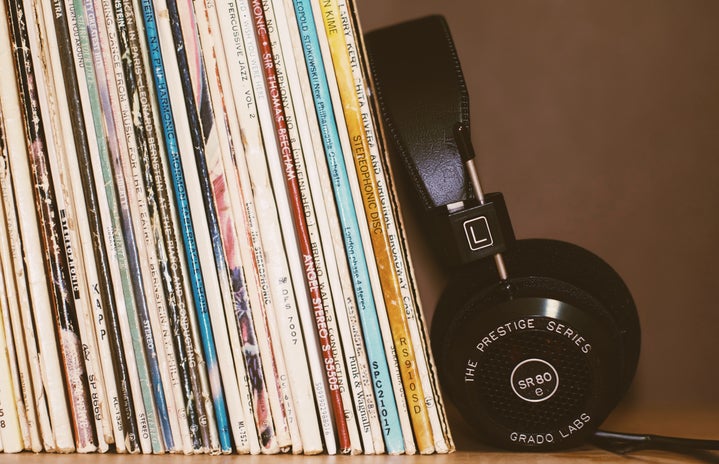If you look at the list of top charts you may find a song, ‘Rescue Me’, by the pop group One Republic. Shortly after the song’s release, it peaked at number five on the Billboard charts and stands as one of many romantic pop song hits to take the stage during this era. As the title suggests, the lyrics of the song ask, “Would you rescue me?” Its upbeat tune nearly made way to forgive this cliché phrase. The phrase is similar to popular anecdotes, “My love”, “You’re the love of my life”, or the consumeristic Valentines-day special, “You’re mine”.
To be rescued is a strange concept. Seemingly romantic at first, it is also a child-like and helpless request. Lyrics like this tend towards the glamorised dependency in Western romance culture. Somehow another person will fulfil everything for you. That there’s the one. Trying to determine a superior love may be a challenging task. The one. The rescuer. Your imagination runs wild. “No need to call another,” One Republic reminds us. This needing to be completed, results in possession, and inevitably, dependency.
The philosopher, writer and speaker, Alain de Botton grapples with the psychological dynamics involved in forming an attachment to someone. In de Botton’s cynically titled presentation, “Why you will marry the wrong person”, he delivers a profoundly logical explanation to this incomprehensible thing called ‘love’ or ‘falling in love’. Ironically, it is unconscious suffering we choose, since our partners resemble the familiar love we received from our parents, he suggests. Yet, that familiarity carries an also-familiar suffering from childhood, which unlike those blissful narratives we tell ourselves, carries pain too. While we may believe the significant other person rescues us from our suffering, we return to someone that will make us suffer in a way that is familiar: be it ignored, forgotten, replaced or disrespected. “Would you rescue me?” also means “would you make me suffer the way I am used to?” And, the answer, most probably is “yes”. This goes back to the way we loved as children. According to de Botton, we were taught to behave in a particular way in order to receive affection from our parents as children. In adulthood, these patterns are acted out again.
The public figure, Shahd Batal, who spoke of the lessons she learned as a 22-year-old on her YouTube channel explains, “Some people are just experiences.” She added, “We don’t own anybody.” What does this kind of love sound like? A love that provides an endearing sense of being ‘together’ while maintaining autonomy seems to be the ideal.
Popular culture, often through lyrics and series, suggests that the best way of expressing your attachment to someone is by possession. Love, in return, comes to be an affection determined by the degree to which you are possessed. It is of course understandable to want some security, some kind of knowing the person shares a similar attachment to you. There’s nothing more secure than possessing. Or so it seems, until that devastating moment when you realise: people can’t be possessed. Indeed, our language of love is riddled with possessive pronouns that deceive us.
Is there another way we could be more careful as to how we express love in popular culture? Perhaps it is through psychological awareness – and self-love – that we will be able to resist the possessive language that pervades popular culture and media.


